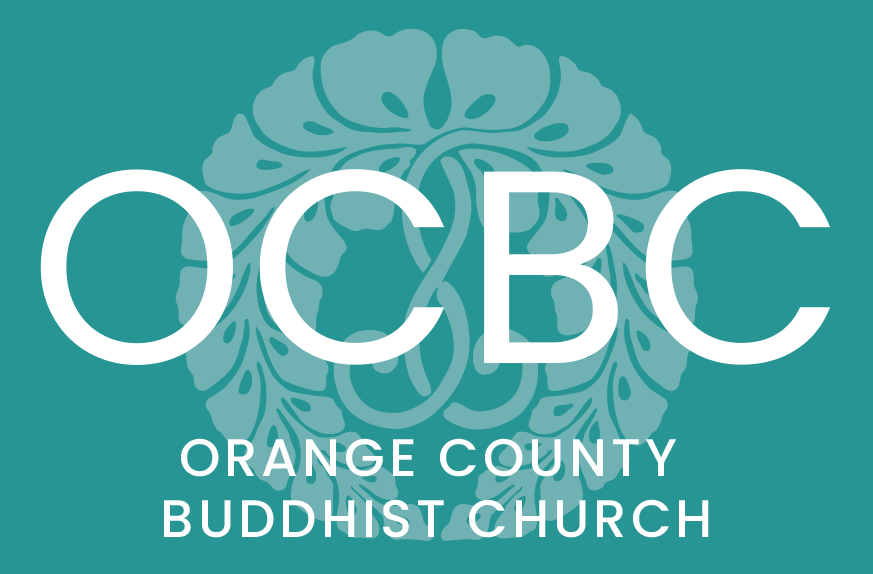Running Hot And Cold
Spring is quickly approaching, and we will have our Spring Ohigan seminar and service. Traditionally, spring has been considered the perfect Dharma listening weather. It is neither too hot nor too cold so that we can focus on the teachings without distraction. This is also the motivation for the Fall Ohigan.
I didn’t really appreciate the importance of the weather until I traveled to St. Louis on business in the winter and summer. Their winters are extremely cold even with a bright blue sunny sky, and their summers are unbearably hot and humid. This is much like the weather in Kyoto, Japan. Without heat and air, it must have been very difficult to practice in these conditions.
Some say, “Everybody complains about the weather, but nobody does anything about it.” Well, I am one of those people who foolishly tried to do something about it. I want to share a personal story of my foolish battles with the weather.
In our tradition, we often hear ordinary people described as “foolish beings” or as being “deluded” and “filled with blind passions.” In most cases, this is not really due to poor morals or ethics. Rather, we are merely confused and lost in our thoughts. Even monks find themselves in this predicament. We are all just ordinary, foolish beings.
When I was young, my family would drive to Lindsay, California, to visit my grandparents. It was quite cold in the San Joaquin Valley in the winter, often 30 degrees or less at night. But I always found my grandmother’s house to be usually hot, I mean really hot, especially to a fourteen-year-old boy. The reason was that she set the thermostat to 74 degrees in the winter. To me, it always felt like 80 degrees. Maybe I was sitting too close to the vent.
I often lowered the thermostat to 70 degrees when she wasn’t looking. But she would always catch me and turn it back up again. But then I noticed that she had a standing lamp near the thermostat, so I would turn on all the lights to the high setting and move it right in front of the thermostat so that the heat from the lights would cause the thermostat to turn off the heat. But she also caught me doing this and would turn off the lights and move the lamp away from the thermostat again.
I finally complained to my mom, who said that when we are at my grandma’s house, she gets the heat to her liking. I also realized that when she visited us at our house in the winter, the thermostat was still set to 74 degrees. I asked my mom why grandma gets to do this at our house as well. She explained that grandma was our guest and gets to do whatever she wanted as a guest, which I found frustrating.
My grandmother also did this in the summer, setting the AC to 68 degrees; I was now freezing. And it made me wonder why 68 was too cold for the winter, and 74 was too hot for the summer. But I caught myself doing this very thing recently in our Hondo. I fanaticized recently at how happy I would be if the Hondo in the winter could be as hot as it is in the summer and if the Hondo could be as cold in the summer as it is in the winter. At that moment, I had become my grandmother, always wanting things to be different and not in a consistent way.
My family often teases me because all summer long, I say that I can’t believe how hot it is, and then in the winter, I say I can’t believe how cold it is. In the summer, I yearn for the winter, and in the winter, I eagerly anticipate the return of summer. I am always living in the future, not happy or appreciating how things are now.
How funny it is that my ideal temperature is also based on skewed thoughts and feelings. I love 68 in the summer but not in the winter, and I love 74 in the winter but avoid it in the summer. But this is our reality. We mistake our opinions and preferences for facts and objective truth. This insight into our foolishness helps us become more flexible and less dogmatic. Our minds become more supple and gentle. As Dennis Hirota explains,
“[Using] Shinran’s metaphor, the light of Amida’s wisdom-compassion illuminates and pervades human existence ‘unhindered’ by blind passions. Further, Shinran emphasizes the transformative power in the Thirty-third Vow, which states that beings touched by Amida’s light ‘become supple and gentle in body and mind’” (CWS I: 117).
This experience also helped me realize that I am just like everyone else. We are all foolish, ordinary beings every day. Realizing our foolishness is a precious gift. It humbles us and opens us up to new experiences and insights. We can embrace everyone as they are. We are all now part of the same family, regardless of the weather or the temperature. We can now always live in the spring and fall of our lives, where every day is the best day to listen to the Dharma.
Namuamidabutsu,
Rev. Jon Turner

